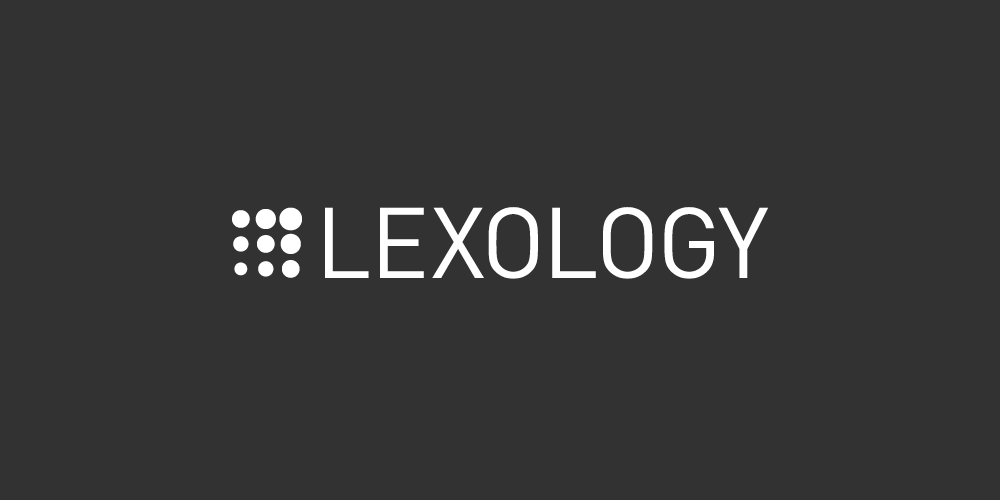Review your content’s performance and reach.
Become your target audience’s go-to resource for today’s hottest topics.
Understand your clients’ strategies and the most pressing issues they are facing.
Keep a step ahead of your key competitors and benchmark against them.
add to folder:
Questions? Please contact [email protected]
By reproducing and offering for sale on the Opensea platform the iconic Hermès Birkin purse in the form of an NFT titled “Metabirkins”, the American artist Mason Rothschild defies, once again, major key principles of intellectual property law. This is not the first time the artist has reproduced this purse in the form of an NFT as he previously created one named “Baby Birkin”. Hermès brought the dispute before a New York State’s court.
The facts at issue raise questions under French law as to the protection of the holders of prior rights when the artist not only reproduces the Birkin bag but also uses the eponymous trademark in adapted forms.
The question arises as to whether, in a similar case, French copyright law would provide the author of a creation with the legal means to prevent its unauthorized use.
The author is granted economic rights allowing him to oppose to any unauthorized reproduction or representation, as well as moral rights including the right to paternity and the right to integrity of his work. Unless it falls within one of the exceptions to the author’s monopoly as provided on a limitative basis under French laws, undermining the author’s rights amounts to copyright infringement, subject to both civil and criminal sanctions.
Among these exceptions, it seems that only the one relating to parody, pastiche or caricature could be raised in such a similar case. Mason Rothschild did actually underline a humorous and critical intention of consumer society in his artistic approach.
However, even if the humorous intention is retained, this exception requires not only that the second creation is sufficiently distant from the first one in order to avoid any confusion, but also that the second creation excludes any intention to misappropriate the first creation. This is probably where the French judge would not follow Mason Rothschild’s argument.
On closer examination, could the sale of a product, e.g. a purse, in the form of an NFT or as a virtual object in a metaverse be assimilated to the sale of the corresponding physical product? The unauthorized use of an identical or similar trademark to designate this virtual object could then amount to trademark infringement, provided that a likelihood of confusion in the public’s mind can be demonstrated.
The likelihood of confusion is assessed by comparing the goods and/or services designated by the earlier trademark with the goods and/or services marketed under the contested sign. The visual, phonetic and conceptual similarities between the signs concerned must also be taken into consideration.
The use of a trademark in relation to goods and/or services that are not identical or similar to those covered by the earlier trademark, does not constitute an infringement, except in the case of a trademark of “repute” known by a significant part of the public concerned.
In a situation similar to that of “Metabirkins”, the main issue in our opinion is the scope of protection to be granted to a trademark designating “purses”. In the event the trademark does not have a reputation, should it not be considered that such a trademark covers not only the physical product but also its virtual version, so that it would be possible to oppose the use of a litigious sign in connection with the same product but in a virtual environment?
In the absence of a clear position adopted by trademark offices and courts, the prudent approach dictates the filing of new applications for at least downloadable virtual goods.
However and as Mason Rothschild appears to contend, the use of a technology such as NFTs, should not affect the perception of his work. Following the same rationale, the technological dimension of a virtual space, could be considered as not affecting the enforcement of the protections already offered in the real world either…
add to folder:
If you would like to learn how Lexology can drive your content marketing strategy forward, please email [email protected].
© Copyright 2006 – 2022 Law Business Research

